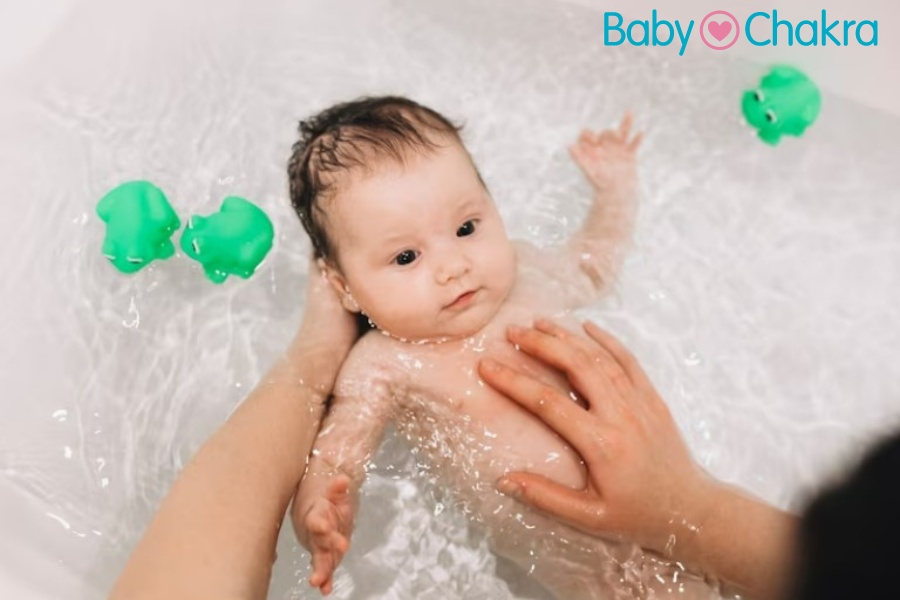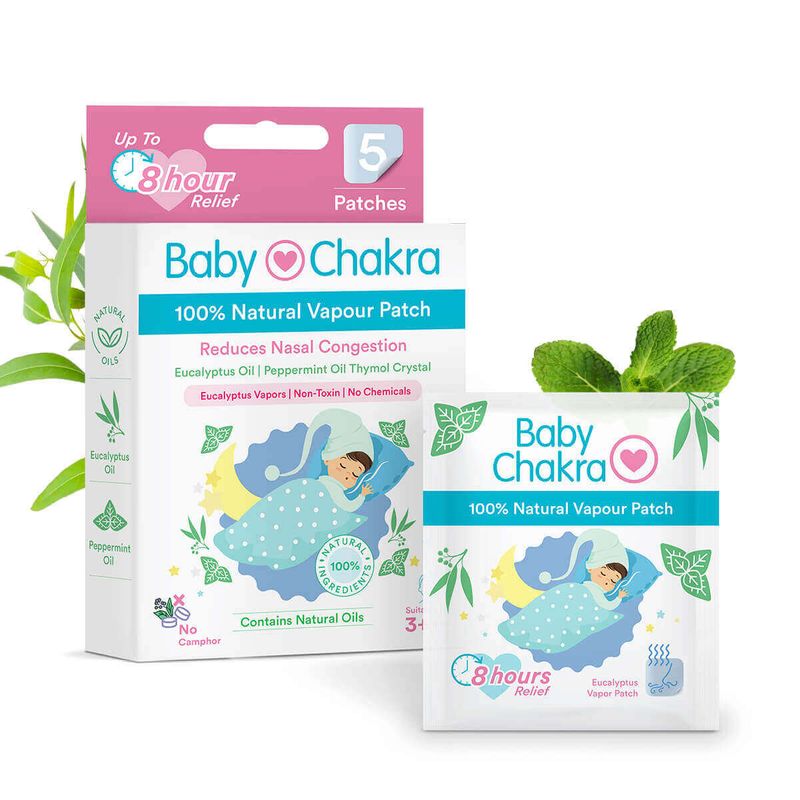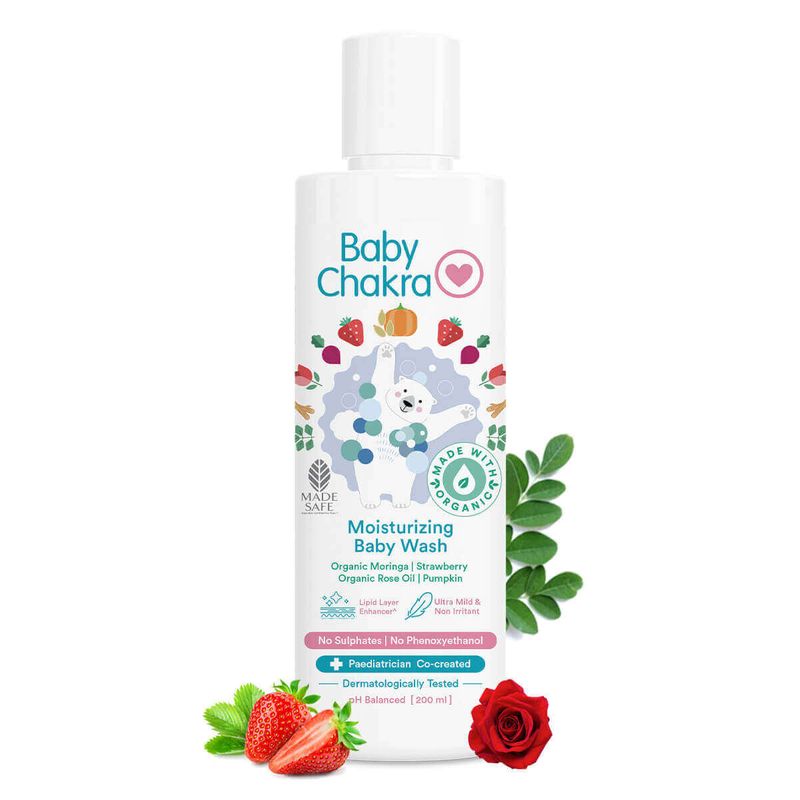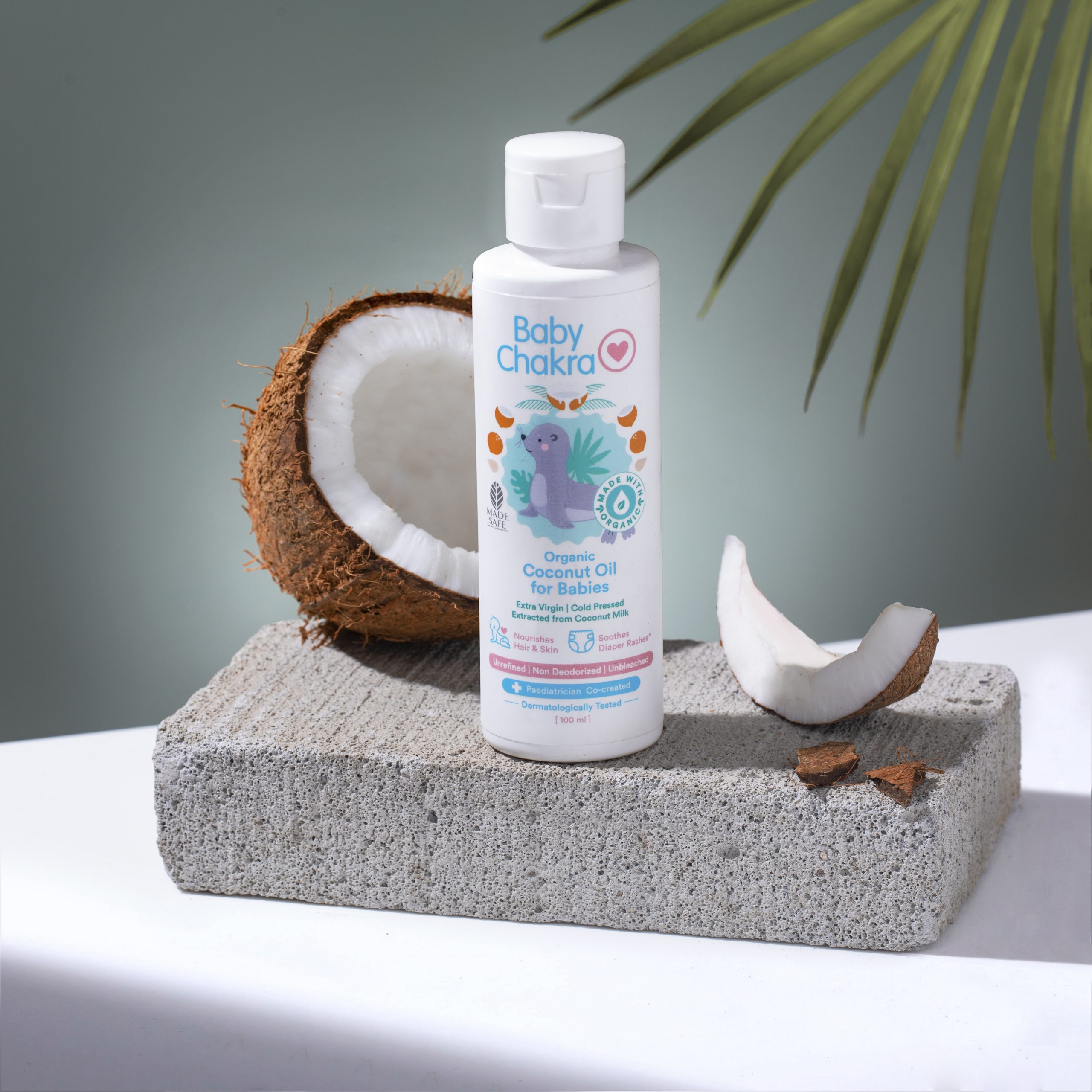
Everything You Need To Know About Choosing The Best Baby Soap For Your Munchkin
8 Feb 2023 | 6 min Read
Sudeshna Chakravarti
Author | 799 Articles
As parents, one of your topmost priorities will be to scout the best baby soap for your bundle of joy that keeps their skin moisturised, soft, and hydrated, without triggering any kind of irritation or rashes. Unfortunately, many baby soaps on the market contain heavy surfactants and chemicals that may irritate your little one’s delicate skin.
This is why you must pay careful attention while choosing a soap for your baby. It’s always a safe idea to opt for a product that is formulated with gentle and mild plant-based products that cleanse your little one’s skin without stripping the natural oils and preventing skin concerns like itchiness, redness, or inflammation.
To make things easier for you, we have created an all-in-one guide with details on how to choose the best baby soap, and key ingredients to look for while buying one.
How to Choose the Best Baby Soap for Your Little One?
Your newborn’s skin is extremely delicate and may react to the slightest chemicals present in soaps. Consider the following points before purchasing a baby soap to offer them the gentlest care and nourishment.
- It should be safe for sensitive skin: The baby soap should have a gentle and mild formulation and shouldn’t dry out your baby’s skin or trigger any other skin condition. Also, make sure to avoid solvents that contain harmful chemicals like SLES, SLS, parabens, etc, as they increase the risk of skin rashes and cause discomfort in your munchkin’s body.
- It should be fragrance-free: Many baby soap brands use aromatic ingredients and perfumes to make the soap more fragrant. However, beware, as these scented baby soaps can harm your little one’s skin and even cause respiratory problems in the long run.
- It should have a tear-free formula: The best call is to always choose a no-tear soap as it prevents irritation in your newborn’s eyes and doesn’t cause redness or discomfort even if the soap froth enters their eyes accidentally.
- It should be hypoallergenic: Your baby has delicate skin and that makes them more vulnerable to skin dryness and infections. That’s why you must opt for a hypoallergenic soap, as they are gentle on your little one’s skin and do not cause any kind of allergic eruptions or inflammation.
- List of ingredients to avoid in baby soap: Steer clear of baby soaps that contain preservatives and harsh chemicals, such as triclosan, triclocarban, phthalates, parabens, and diethanolamine (DEA), as they may cause severe skin complications, such as irritation and rashes. Always read the ingredients list carefully to identify this compound and pick one that is made with natural and safe ingredients.
4 Key Ingredients to Look for In Your Baby’s Soap
When choosing the best baby soap, you should always opt for the one with all-natural and moisturising formula. BabyChakra has recently launched their moisturising creamy bathing bar, which features a unique blend of plant-based extracts and soothing ingredients that moisturise your baby’s skin and offer the ultimate nourishment required to enhance their skin health and strengthen their protective barrier. The soap contains:
Organic Almond Oil
This ingredient is especially beneficial for those with delicate skin and inflammatory conditions like eczema and psoriasis. Almond oil also offers deep nourishment and hydration to your little one’s skin and ensures it is soft and smooth. Additionally, the oil exhibits antioxidant and anti-inflammatory properties, helping treat your baby’s swollen and irritated skin and reducing redness.
Oatmeal Extracts
Oatmeal is renowned for its protective properties that calm your baby’s skin and soothe inflammation and skin rashes. It also helps maintain hydration and strengthens their skin’s protective barrier to prevent transepidermal water loss and dryness.
Pentavitin
This plant-derived ingredient is also known as a powerful hydration hero that reinforces your baby’s skin barrier and offers moisturisation that lasts up to 24 hours. In addition to this, pentavitin helps relieve itchy, dry, and flaky skin, and protects against skin rashes and infections.
Strawberry Oil
Strawberry oil is an excellent source of essential fatty acids and antioxidants that offers deep moisturisation to your baby’s skin, and also supports their natural skin barrier to enhance softness and radiance. Apart from this, strawberry oil also has rich anti-inflammatory properties that help soreness and irritation in your baby’s skin and protects against infections.
How to Use the Moisturising Bathing Bar?
BabyChakra’s moisturising creamy bathing bar is also India’s first plant-based cleansing bar with a skin-identical complex, meaning its components are similar to the ceramides present in your own skin and is 100% soap-free. Here’s how you can use the bathing bar for maximum nourishment.
Step 1: Wet your baby’s body gently with water.
Step 2: Lather the moisturising bathing bar on your hand.
Step 3: Apply the soap to your baby’s body.
Step 4: Rinse with lukewarm water and apply a nourishing lotion.
As your baby’s skin is still developing, you should be extra careful with the kind of soap you use during their bathtime. Ensure to opt for the best baby soap containing nourishing and chemical-free ingredients that are safe for delicate skin, and are labelled as hypoallergenic. Also. pay attention to the ingredients listed in the product package and learn about their #LabelPadhoMoms campaign at the BabyChakra website and the importance of steering clear of harsh chemicals in baby care products.
Also See:
Cover Image Credit: Freepik.com
A


Related Topics for you
Suggestions offered by doctors on BabyChakra are of advisory nature i.e., for educational and informational purposes only. Content posted on, created for, or compiled by BabyChakra is not intended or designed to replace your doctor's independent judgment about any symptom, condition, or the appropriateness or risks of a procedure or treatment for a given person.




